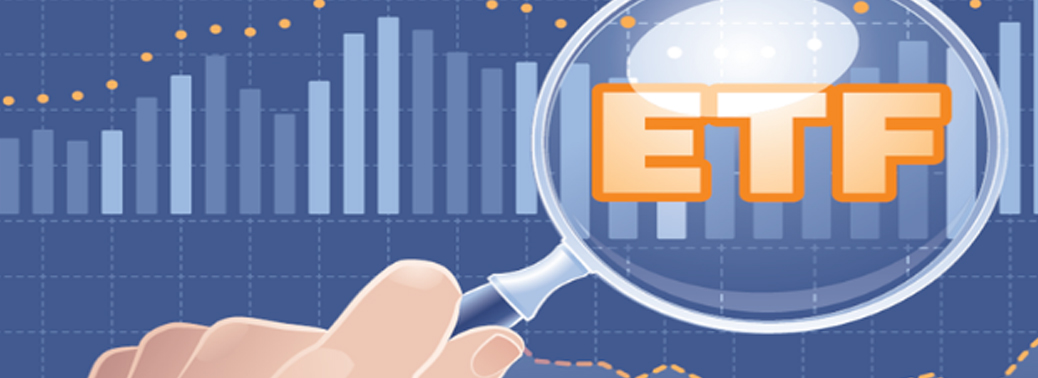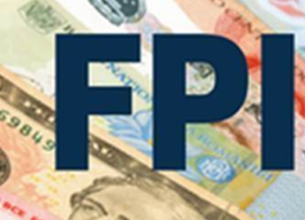BHARAT BOND ETF ENTERS SECONDARY MARKET
07, Jan 2020

Prelims level : Economics- Capital Market
Mains level : GS-III Indian Economy and Issues Relating to Planning, Mobilization of Resources, Growth, Development and Employment.
Why in News?
- Bharat Bond ETF has made its maiden debut in the secondary market as the first corporate Bond ETF in the country.
- Earlier the Cabinet Committee on Economic Affairs had approved for the establishment of Bharat Bond Exchange Traded Fund (ETF) to create an additional source of funding for Central Public Sector Undertakings (CPSUs), Central Public Sector Enterprises (CPSEs), Central Public Financial Institutions (CPFIs) and other Government organizations.
Features of Bharat Bond ETF:
- ETF will be a basket of bonds issued by CPSE/CPSU/CPFI/any other Government organization Bonds which are tradable on secondary market.
- Small unit size for sale is of Rs.1,000 to attract retail investors
- Each ETF will have a fixed maturity date with 2 maturity series of 3 and 10 years.
Benefits of Bharat Bond ETF to Investors:
- High safety as they are investing in government bonds.
- Easy Liquidity as they are tradable on exchange.
- Since unit value is only Rs. 1000 it provides for easy and low-cost access to bond markets thereby increasing the participation of retail investors who are currently not participating in bond markets due to liquidity and accessibility constraints.
Benefits for CPSEs:
- Additional source of meeting their borrowing requirements apart from bank financing.
- It will expand their investor base through retail participation which can increase demand for their bonds.
- With increase in demand for their bonds, these issuers may be able to borrow at reduced cost thereby reducing their cost of borrowing over a period of time.
Overall impact on Bond Markets:
- This is expected to eventually increase the size of bond ETFs in India leading to achieving key objectives at a larger scale – deepening bond markets, enhancing retail participation and reducing borrowing costs.
What are ETFs?
- ETF is a fund that is created by pooling together assets and then dividing this cumulated asset into individual units that are traded on the stock exchange.
- The value of the ETF comes from the value of the underlying assets (shares of stock, bonds, foreign currency, etc.).
- These ETFs are listed in the stock exchanges are similar to like shares and can be traded like ordinary shares.
- In nature, the ETFs are index funds because they comprise of shares of different companies.
ETF vs Mutual Funds:
- ETF is similar to Mutual fund in that a unit of both ETF and MF comprise of equities of different companies.
- However they differ with respect to the Tradability on the Stock Exchange.
- While buying and selling of mutual fund means you are transacting directly with the fund, the ETF is basically traded on a secondary market just like shares.
- Besides while Mutual Fund is managed by a fund managers and ETF is managed by the Investor Himself.
- While mutual fund is bought and sold at the price of shares at the close of the day, shares of ETF are traded throughout the day meaning which ETFs have more liquidity and Marketability.













